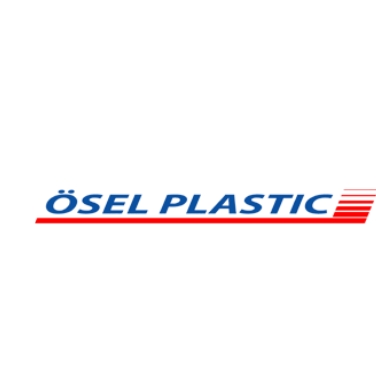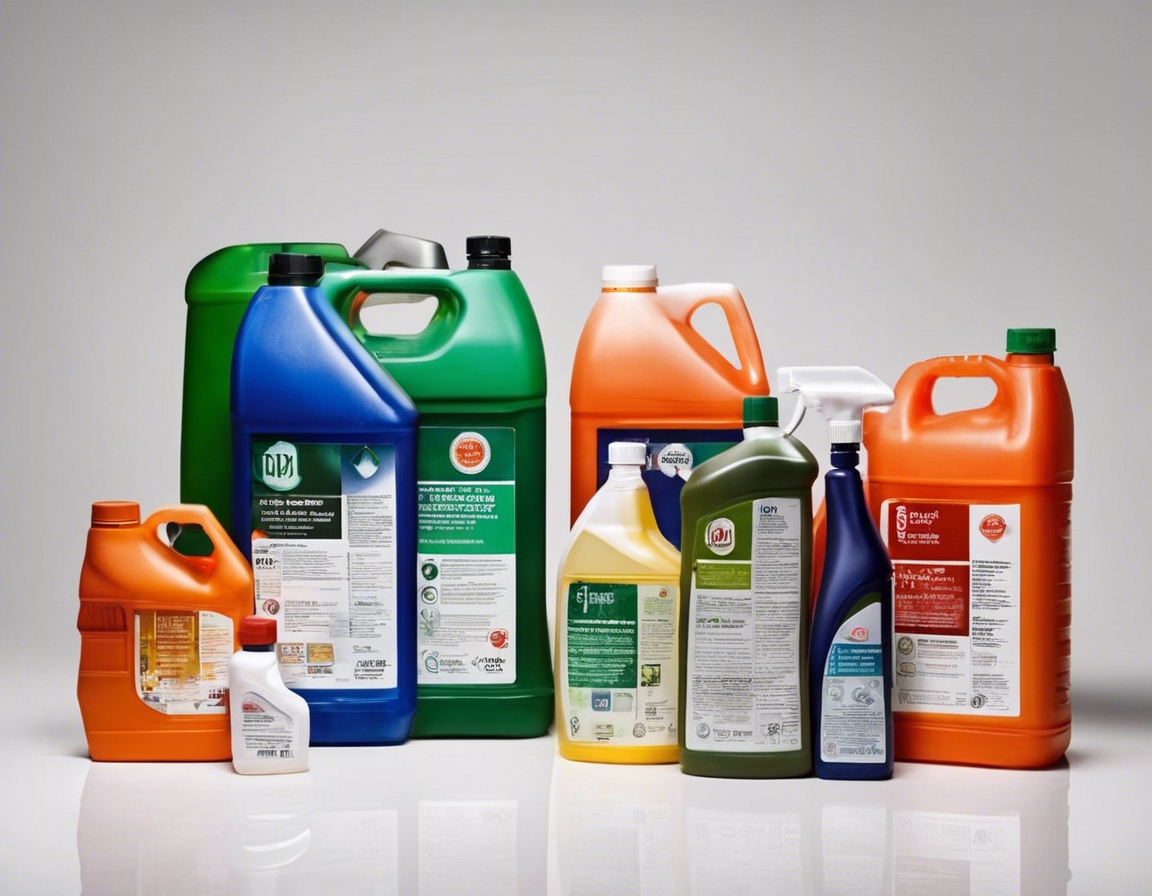The future of waste management: trends to watch
As we look towards the future, waste management stands as a critical component of global sustainability efforts. With the increasing awareness of environmental impacts and the need for efficient resource utilization, the waste management industry is poised for transformative changes. In this blog post, we will explore the trends that are shaping the future of waste management and how they will affect homeowners, rural communities, and businesses alike.
Emerging Trends in Waste Management
Advancements in technology are revolutionizing how we handle waste. From smart bins that can sort recyclables to advanced composting techniques, technology is making waste management more efficient and less labor-intensive. Innovations such as bioplastics and compostable materials are also reducing the environmental impact of waste.
As the push for sustainability grows, so does the need for systems that can handle a variety of materials in an eco-friendly manner. Companies like ÖSEL PLASTIC OÜ are at the forefront of developing products that support sustainable waste management practices, ensuring that materials are not only disposed of properly but also repurposed or recycled whenever possible.
Recycling is becoming more sophisticated with the development of new techniques to recover materials. Enhanced sorting technologies and the recycling of complex products like electronics are improving the efficiency of recycling programs, reducing the amount of waste that ends up in landfills.
Converting waste into energy is a trend that's gaining momentum. This approach not only helps manage waste but also contributes to energy production, providing a renewable source of power and reducing reliance on fossil fuels.
Smart waste collection systems use sensors and data analytics to optimize collection routes and schedules, reducing fuel consumption and emissions. These systems ensure that waste is collected more efficiently, saving time and resources.
Government policies and regulations are increasingly favoring sustainable waste management practices. This includes bans on single-use plastics, incentives for recycling, and penalties for improper waste disposal, all of which are shaping the future of waste management.
Education plays a vital role in changing waste management practices. Community programs and educational initiatives are raising awareness about the importance of reducing, reusing, and recycling waste.
AI and machine learning are being applied to waste management to improve sorting processes, predict waste generation patterns, and enhance operational efficiency. These technologies are helping to create a more responsive and intelligent waste management system.
The concept of a circular economy, where resources are kept in use for as long as possible, is becoming integral to waste management. Zero waste goals are driving innovation in product design, materials recovery, and sustainable consumption patterns.
Climate change is influencing waste management strategies, with a focus on reducing greenhouse gas emissions from waste. This includes the adoption of methane capture technologies at landfills and the reduction of food waste, which is a significant source of methane when it decomposes anaerobically.
Adapting to the Future of Waste Management
As we navigate these trends, it's clear that the future of waste management will be more integrated, sustainable, and technologically driven. For homeowners, rural communities, and businesses, adapting to these changes means partnering with companies like ÖSEL PLASTIC OÜ that are committed to providing advanced waste management solutions. By embracing these trends, we can all contribute to a healthier planet and a more sustainable future.






Comments (0)